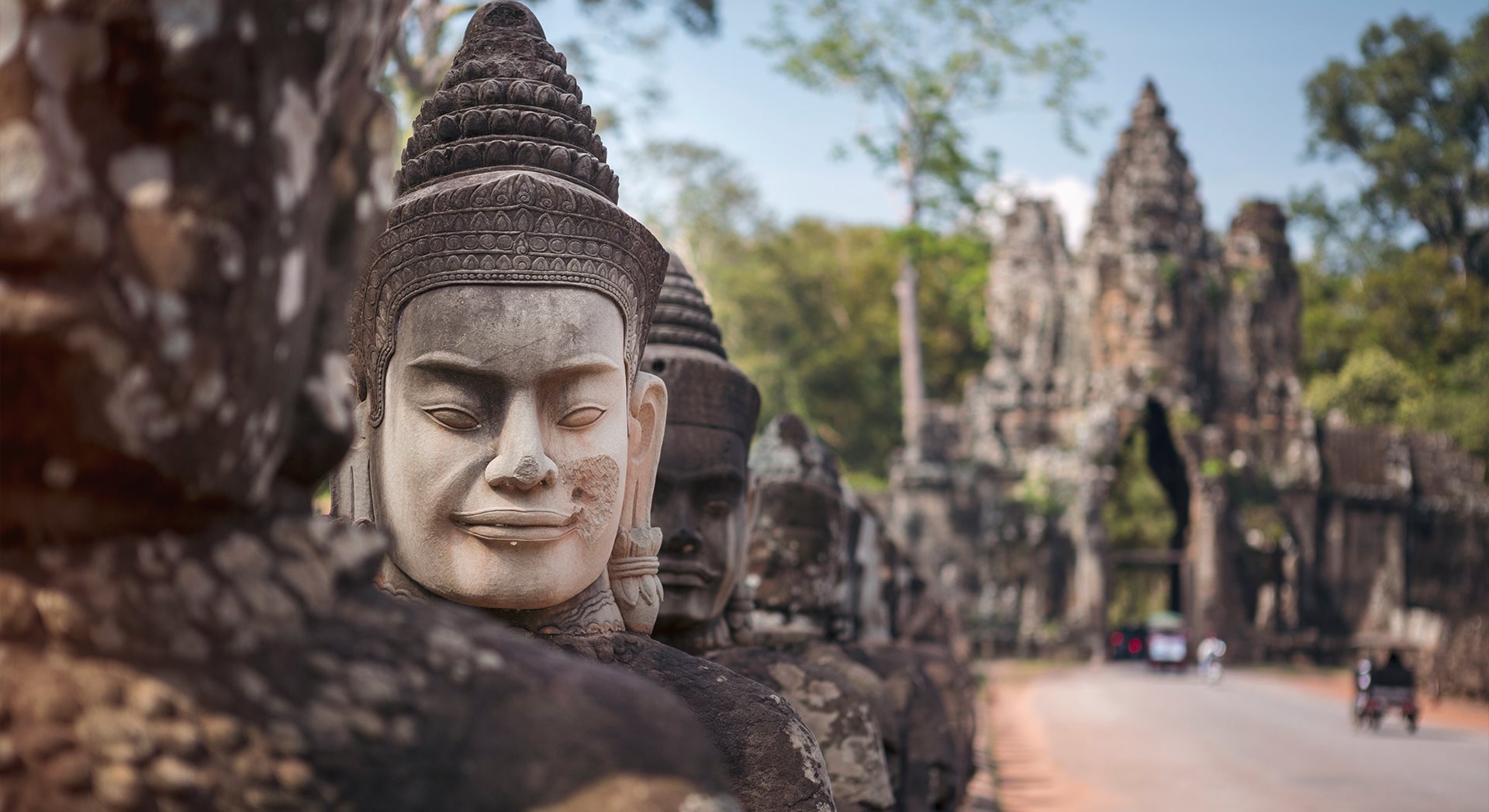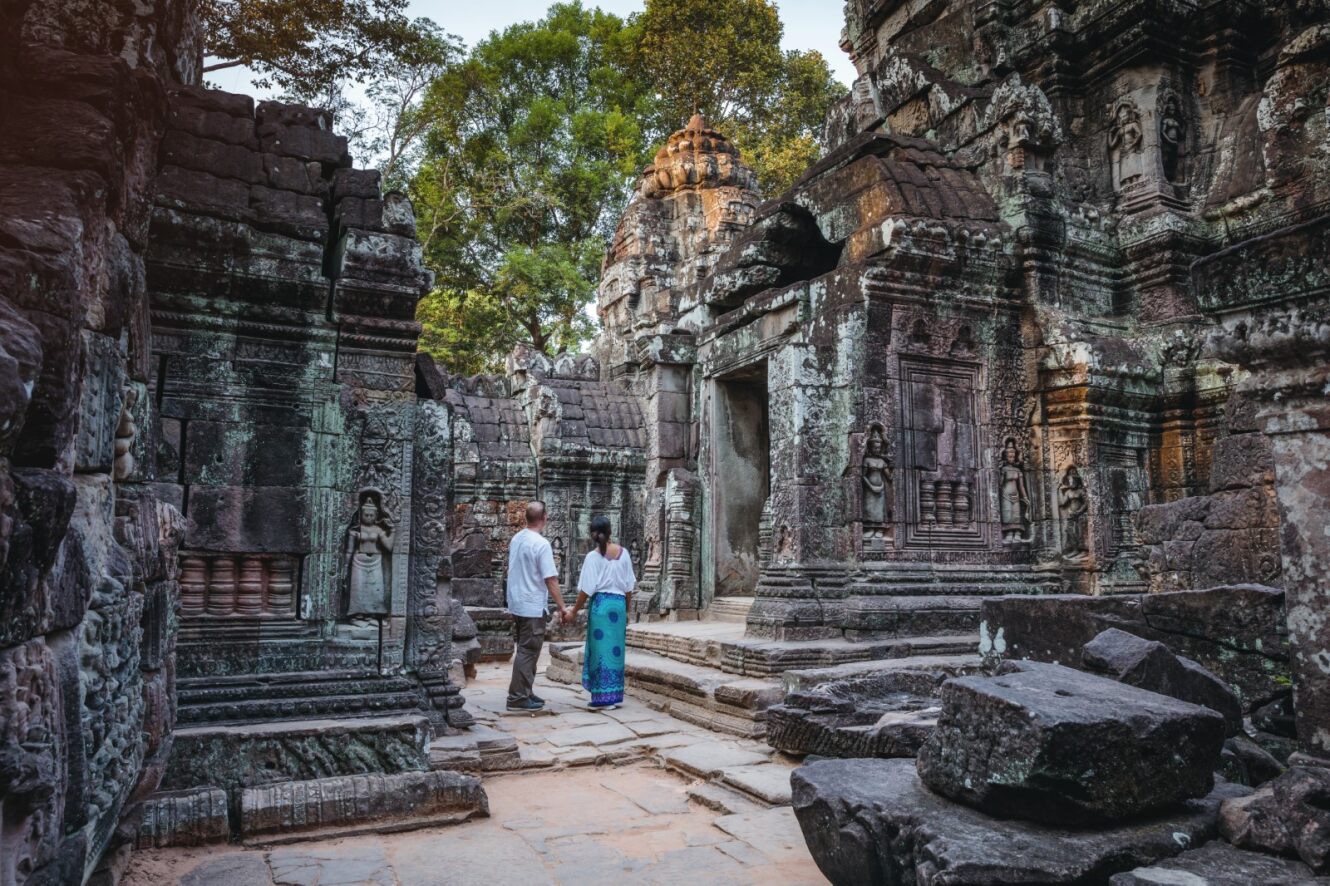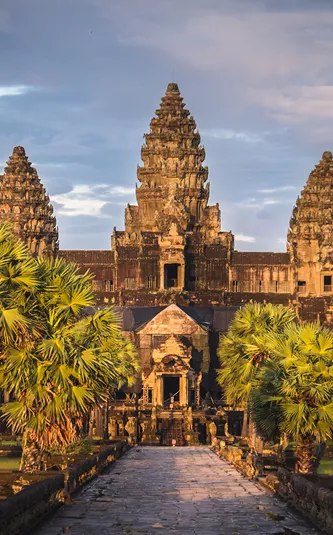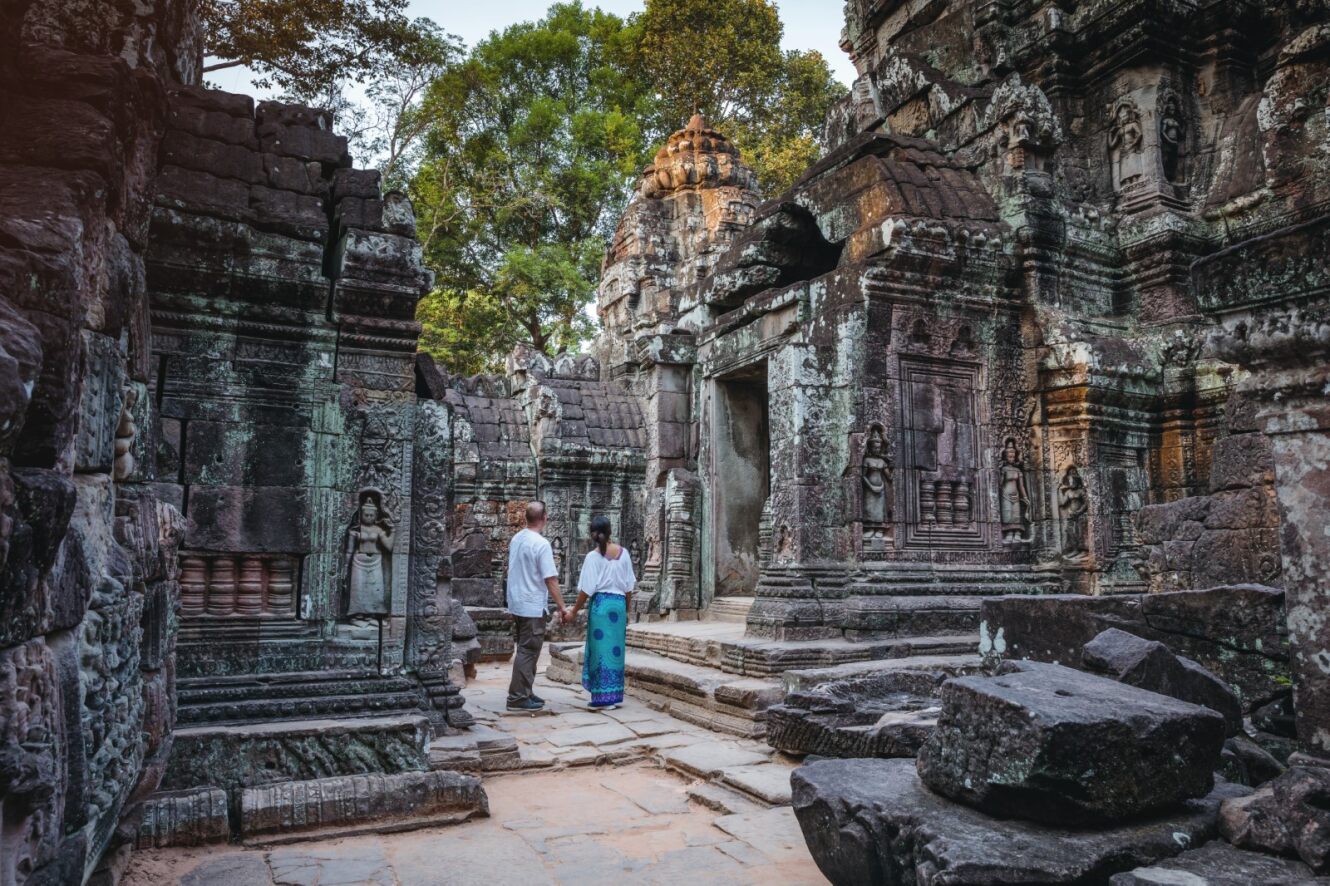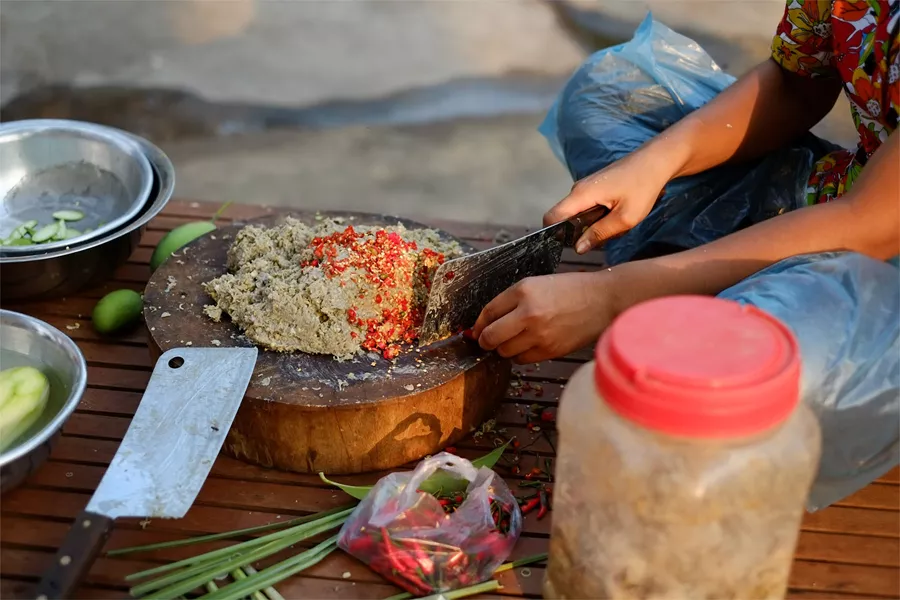Country Code for Cambodia: +855
Official Travel advice visit:
Cambodia Travel Advice & Safety | Smartraveller (Australia)
Cambodia | SafeTravel NZ (New Zealand)
Fire and rescue services: Call 118
Medical emergencies: Call 119 in Phnom Penh or go to a hospital. Outside of Phnom Penh you will need to contact a hospital directly.
Police: Call police on 117 or contact the tourist police. Police stations and emergency numbers might not be available 24 hours a day. Phone operators may not speak English. The tourist police have booths in tourist areas and most cities.
Australian Embassy, Phnom Penh
No. 16B, National Assembly Street, Sangkat Tonle Bassac, Khan Chamkamon, Phnom Penh, Cambodia
Phone: (+855 0) 23 266 500
Email: australian.embassy.cambodia@dfat.gov.au
Website: cambodia.embassy.gov.au
New Zealand Embassy Bangkok, Thailand
M Thai Tower, 14th floor, All Seasons Place, 87 Wireless Road, Bangkok
Phone: +66 2 254 2530
Email: info@newzealandembassybkk.com
Website: www.mfat.govt.nz/thailand

